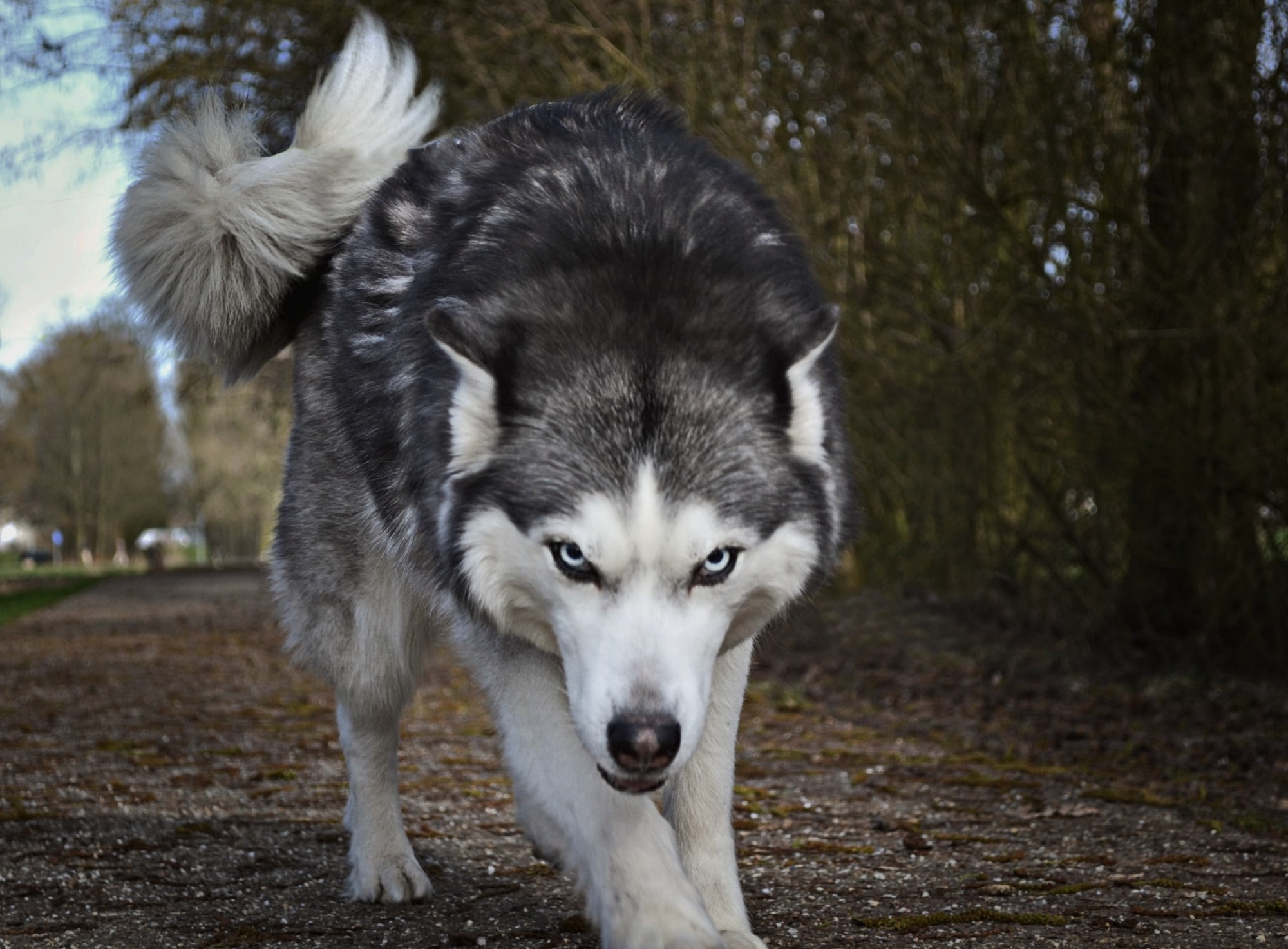

A dog’s breed contributes a lot to its personality, or so we think. Through history we’ve assigned specific traits and stereotypes to different canine breeds, like aggressiveness to German shepherds and playfulness to golden retrievers. But when it comes to personality, breed is far from the determining factor.
That means breed is not a good predictor of a pet’s personality. In fact, it explains just 9 percent of behavior, a study published in the journal Science on April 28 reports. A team of biologists and geneticists surveyed more than 18,000 dogs, about half of which were purebred, and sequenced the DNA of more than 2,000 pooches. The team found that while behavioral traits can be passed down through genes, those markers aren’t unique to individual breeds. What’s more, every characteristic could be found across breeds.
“People hold very strong beliefs that dog breeds are different in their behavior, but I think we have to just accept that sometimes those differences aren’t so extreme,” Kathleen Morrill, a dog geneticist at the University of Massachusetts Chan Medical School and co-author of the new study, told Scientific American.
[Related: Dogs know exactly what they’re doing when they give you the ‘puppy eyes’]
Dog behavior is a product of a multitude of factors, including genes, development, socialization, training, and environment. That largely makes it “a human creation,” Isain Zapata, a dog geneticist and behavioral scientist at Rocky Vista University in Colorado who was not part of the study, shared with The Atlantic. We have purposefully molded different breeds to suit human purposes and tastes over centuries—if there are trends in our pets’ demeanors and tendencies, it’s because we put them there.
The first continued example of the practice only comes about 200 years ago from Victorian England, where canine enthusiasts started to selectively breed for aesthetically pleasing traits like coat color and snout shape. Considering that dogs evolved from wolves more than 10,000 years ago, individual breeds are an evolutionary blip. So it makes sense that modern-day dog varieties are more similar in behavior than different.
[Related: This dog was genetically engineered to be a kitchen appliance]
But the stereotypes can still hold consequence. Our own behavior toward certain dogs is heavily impacted by our perception of breeds. This has resulted in laws that target and regulate breeds deemed as dangerous (mainly pitbulls in the US). Pet insurance buyers might also find that owning certain breeds ups their rates.
When you’re choosing to add a new member to your family, personality matching can be fun and even informative. But it also begs the question of whether dogs behave in a certain way because we treat them with those assumptions in mind. Maybe a pet that’s considered clever learns more tricks because it’s expected too.
“Any good dog trainer will tell you those stereotypes are a disaster,” Marc Bekoff, a dog-behavior expert at the University of Colorado at Boulder, said to The Atlantic. “Breeds don’t have personalities. Individuals do.”
